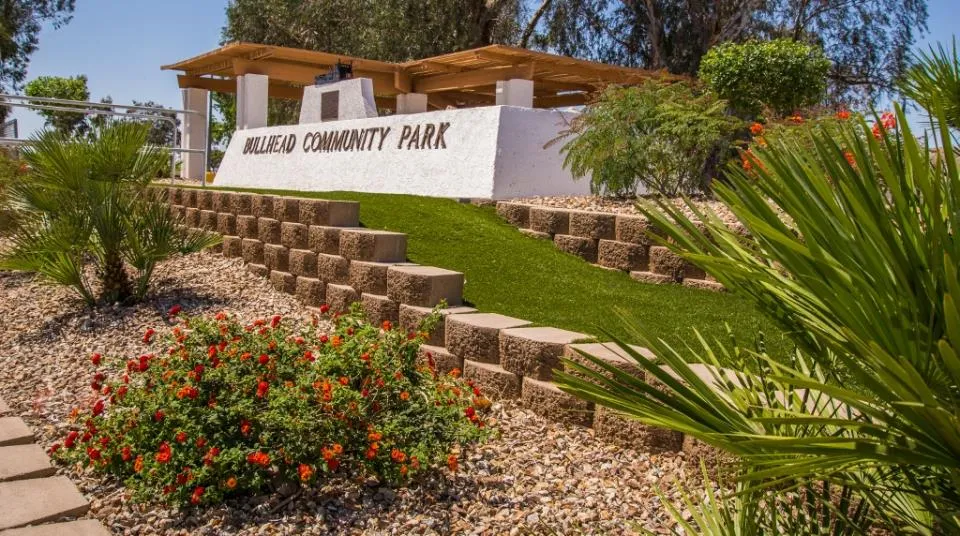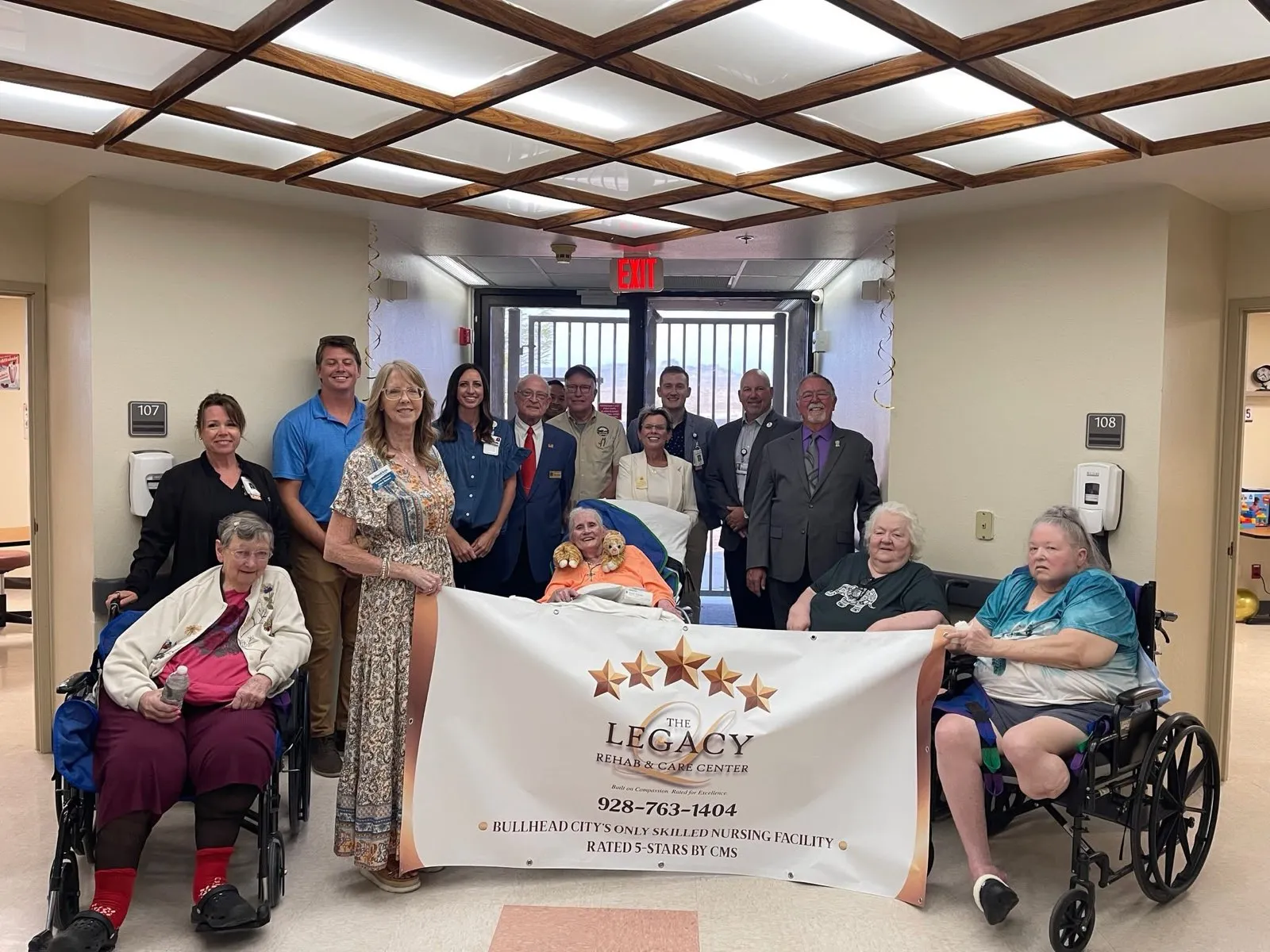MOHAVE COUNTY — Mohave County has decided against launching a new search for a full-time Medical Examiner, choosing instead to retain its existing contractor despite lingering questions about oversight and qualifications. The decision follows months of discussion among county officials who cite tight finances and a difficult hiring environment as reasons for not pursuing an in-house forensic pathologist. For the foreseeable future, the county will continue working under the leadership of Dr. John Hassett, who manages death investigations through a private contract and brings in pathologists when needed.
Local leaders say this arrangement reflects a practical response to current budget realities, even if some residents and professionals in the funeral and law enforcement sectors have expressed concerns. By sticking to the status quo, county officials avoid the significant up-front costs and recruitment challenges tied to establishing or expanding a formal Medical Examiner’s Office. Yet critics warn that Mohave County is sidestepping deeper systemic needs, including questions about whether a contracted setup can match the thoroughness and consistency of a dedicated forensic department.
Under the present model, Hassett oversees administrative and operational duties, then calls in board-certified pathologists to conduct autopsies. Although he is himself a doctor, he is not a board-certified forensic pathologist. County documents show that Mohave County originally hoped to fund a more robust M.E. office, including new facilities and a permanent in-house forensic pathologist, but local administrators say the county’s coffers fall short of the investment required. Constructing a morgue or updating existing infrastructure can easily run into the millions, placing it low on the list of priorities at a time when multiple county agencies are pleading for resources.
Officials who support continuing the contract highlight that rural counties across Arizona struggle to recruit high-level forensic experts. Many pathologists prefer major metro areas with established labs, competitive salaries, and professional support staff. Mohave County supervisors point out that even a well-funded hiring push might not be enough if few candidates are willing to relocate for the job. Meanwhile, the current contract ensures some coverage of medico-legal duties without forcing the county to staff and maintain a full office year-round.
Not everyone is comfortable with the decision. In public meetings over the past year, funeral homes and advocacy groups have raised questions about potential conflicts of interest, noting that Hassett’s organization also provides funeral services in some capacity. They have also pointed to inconsistencies in the flow of autopsy results and concerns about how remains are handled. Some families, dealing with the deaths of loved ones, have reported delays in obtaining final death certificates or navigating the release of remains. A few local funeral directors say they have seen multi-week hold-ups in autopsy scheduling, especially when the county needs to fly in pathologists on a rotating basis.
Law enforcement voices have also chimed in. Certain investigators believe that a more robust internal Medical Examiner’s Office can improve coordination on suspicious or high-profile death cases. When the county’s pathologists are part-time or located off-site, it can add logistical hurdles to urgent investigations. Proponents of a dedicated M.E. argue that direct oversight by a forensic specialist would help ensure best practices and thorough postmortem procedures, especially in homicides or other legally complex deaths. However, sheriff’s officials are aware of the county’s broader funding shortfalls, with the Sheriff’s Office itself struggling to secure resources for vehicles, staffing, and specialized training.
County supervisors faced these conflicting priorities during budget workshops where multiple departments laid out pressing needs. MCSO advocated for new hires and equipment, the local courts requested security upgrades, and some rural health outreach programs asked for expansions. Meanwhile, the price tag associated with building or upgrading morgue space, outfitting labs, and paying a board-certified forensic pathologist full-time was seen as out of reach. One supervisor stated publicly that a rural county of Mohave’s size and economic base might never find it cost-effective to operate a stand-alone Medical Examiner’s Department.
Supporters of retaining Dr. Hassett say that while the current setup is not perfect, it keeps costs manageable. According to county records, Hassett’s group charges a flat monthly fee, covering administrative work and the part-time services of board-certified forensic pathologists for autopsies. County officials point to metrics showing that even though the office might occasionally face delays, it still completes investigations at a pace they describe as within “reasonable limits” for a rural jurisdiction. Recent contract renewals also included language intended to clarify response times, improve record-keeping, and give the county recourse if certain benchmarks are not met.
Nonetheless, debate persists about whether the public’s trust is well served by an arrangement that has been deemed “stopgap” ever since the county’s previous Medical Examiner stepped back. Multiple stakeholders recall that years ago, when the county first contracted out these services, the plan was always to build capacity for a more traditional in-house office later on. That transition has not materialized, and each year the county appears to push the matter further down its list of capital improvements.
Families who have encountered unexpected delays or confusion about autopsy results sometimes question if the county is taking the easiest route rather than tackling the job of securing a qualified full-time examiner. Some funeral directors warn that the patchwork scheduling of forensic pathologists can leave them unable to finalize arrangements for grieving families in a timely manner. Occasional spikes in caseload—such as during extreme heat seasons or pandemic events—can aggravate these scheduling issues. However, county officials argue that with limited fiscal resources, the alternative would be even more expensive and might not fix deeper structural challenges, like the shortage of willing forensic specialists.
Observers note that Mohave County’s experience is not unique. Across many rural areas in the United States, counties contract with private firms or share forensic resources regionally to meet legal obligations for death investigations. Professional organizations in forensics confirm a nationwide shortage of board-certified forensic pathologists, making the pursuit of an in-house M.E. unaffordable or practically unworkable for smaller localities. The situation feeds a cycle in which counties that lack the resources to establish robust offices end up outsourcing, further reducing the impetus for well-funded forensic infrastructure in rural regions.
Public commentary at county board sessions reflected that most supervisors sympathize with families upset by delays but find the budget gap insurmountable. Several have mentioned that building even a modest morgue facility could run over a million dollars, not counting ongoing operational costs, staff salaries, or the specialized equipment needed for forensic pathology work. As part of the county’s contracting approach, Dr. Hassett’s group shoulders certain facility expenses, with the county paying a monthly fee and additional per-autopsy charges. From the county’s perspective, this is a consistent, predictable outlay that avoids larger capital expenditures.
Despite skepticism, the county renewed the contract and declared it the most feasible approach under present circumstances. Some supervisors expressed hope that if federal or state grants become available, they might revisit the question. They also have not ruled out the possibility of a multi-county partnership, in which Mohave could split the cost of a forensic pathologist with a neighboring county. Similar models exist elsewhere in Arizona, though they usually require strong political will and alignment of budgets across county lines. At the moment, no formal partnership negotiations are underway, and officials say it would take time to coordinate any such venture.
For everyday residents, the immediate effect is that day-to-day operations under Dr. Hassett will continue as they have. Families who lose loved ones and require autopsies—whether due to suspicious circumstances, accidents, or unexplained deaths—will keep going through the same channels, with funeral homes liaising with the contractor. Reports, death certificates, and cause-of-death findings will be generated by the part-time forensic pathologists. Law enforcement agencies investigating potential homicides or complicated deaths will still coordinate with Hassett’s team to arrange autopsies. The county attorney’s office, which often relies on M.E. findings for court cases, will maintain its existing relationship.
Some in the county hold out hope that improvements might come through incremental reforms, such as stricter timelines for releasing remains or updated software systems for tracking cases. They also want greater clarity on conflict-of-interest rules, ensuring that private funeral service businesses do not unduly influence or profit from the county’s forensic duties. While the Board of Supervisors has looked into these issues, no major policy shifts have been publicly announced.
Ultimately, the county’s path forward highlights the realities of providing specialized medical-legal services in a budget-constrained environment. County representatives point to the region’s expansive geography, growing population, and the complexities of recruiting forensic professionals. They stress that a full-fledged Medical Examiner’s Office would require substantial taxpayer dollars that would have to come from other public safety or health priorities, unless new revenue sources materialize.
Local funeral directors and families affected by autopsy backlogs wish the county would view the Medical Examiner’s function as a core public service worthy of more robust funding. They question if intangible costs, such as the emotional toll on families waiting weeks for answers, have been fully accounted for. Meanwhile, Dr. Hassett and his team say they have made strides to improve transparency and responsiveness. They emphasize that they do follow Arizona legal standards, even if some resources remain thin.
For now, Mohave County’s decision stands: there will be no new search for a Medical Examiner, no expansion of an in-house forensic pathology operation, and no capital-building project for a local morgue. By reaffirming the private contract, county leaders acknowledge the system is imperfect but maintain that it is the most viable option for a community of this size with a limited tax base. Skeptics call it a missed opportunity, but the fiscal constraints seem set to keep the county in this holding pattern indefinitely. Whether future budgets or policy shifts create a chance for a more comprehensive Medical Examiner’s Office remains to be seen. Until then, residents will rely on a hybrid arrangement that county administrators defend as cost-effective, even as some families and professionals question whether public safety and investigative thoroughness might be better served by a fully dedicated forensic team.
—Jeremy Webb








